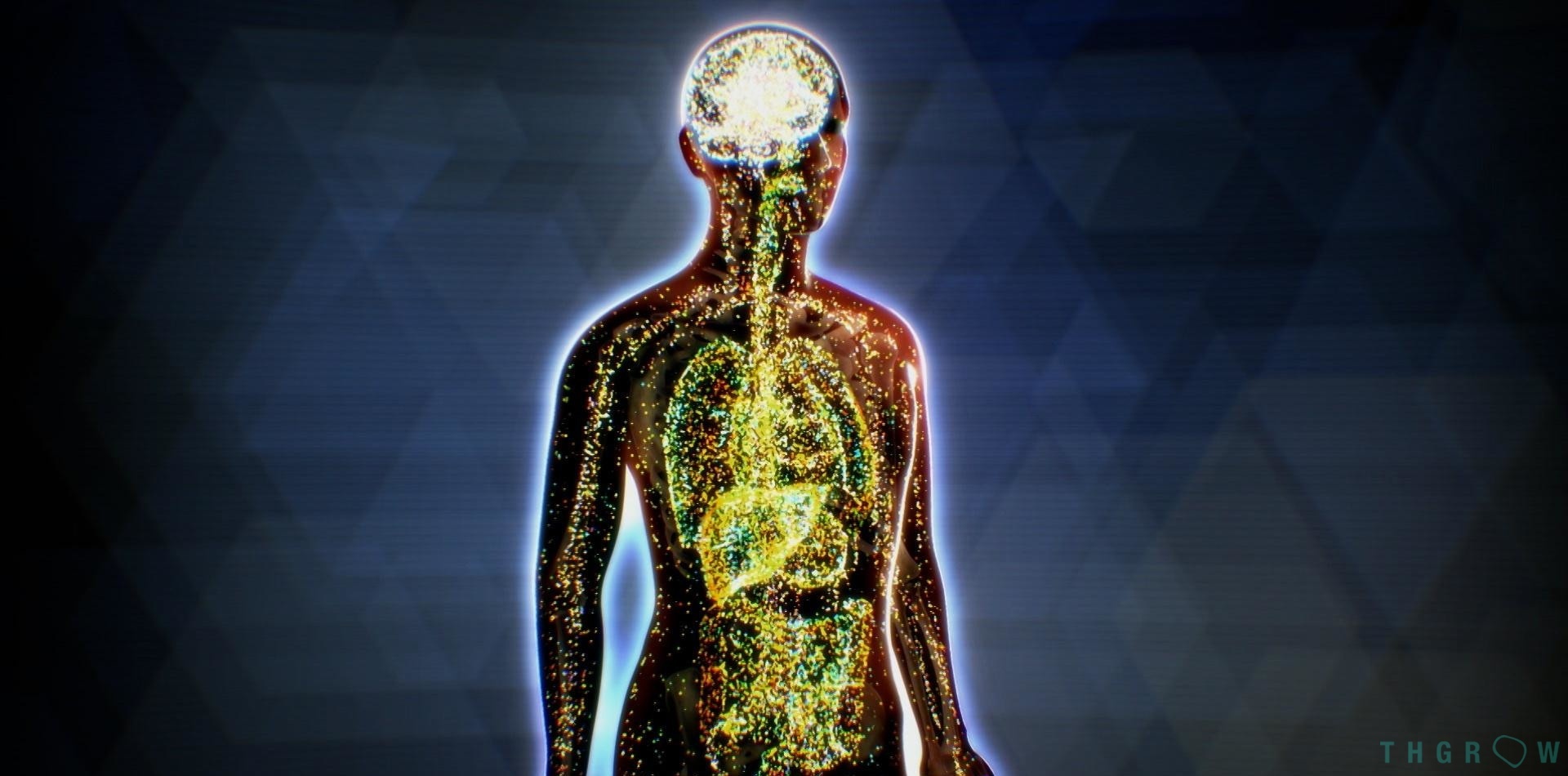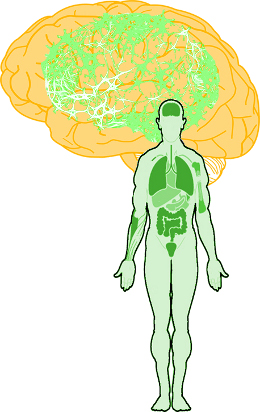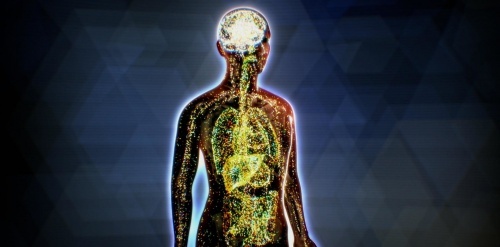Digestive diseases and endocannabinoid deficiency
-
2017/06/15
-
THGrow
-
Curiosities

In this post we will see some digestive diseases and how cannabis can help to alleviate the symptoms. Some of these diseases are "irritable bowel syndrome (IBS)" characterized by abdominal pain and / or distension of the abdomen; "Chron´s disease", a chronic intestinal disease that affects the lining of the digestive tract; "Celiac disease (CE)" which is an autoimmune disease characterized by chronic inflammation of the part near the small intestine.
For current medicine the causes of IBS and Crohn´s disease are not entirely clear and it is intuited that they may be due to various psychological factors, digestive sensitivity, genetic and hormonal factors that in some way influence the onset of this disease. Some treatments have been developed but they don´t work properly in most patients or damage other areas of the body. Patients with celiac disease do not tolerate a protein called gluten, which is found in cereals (wheat, rye, oats, barley, etc.). When they eat foods that contain gluten, their immune system responds and damage occurs in the mucosa of the small intestine.
 In the human brain there are receptors, part of the endocannabinoid system, that are responsible for pain control, appetite, sensitivity and other emotions. Humans also have cannabinoid receptors inside our digestive tract, in direct line with our brain, whose mission is to capture the molecules of CBD to avoid the inflammation of the tissues. Persons suffering from the above-mentioned diseases are believed to be the result of clinical endocannabinoid deficiency (CECD), a health problem due to which the individual does not produce sufficient cannabinoids or cannabinoid receptors as a result of developmental problems in pregnancy or during the first months of life.
In the human brain there are receptors, part of the endocannabinoid system, that are responsible for pain control, appetite, sensitivity and other emotions. Humans also have cannabinoid receptors inside our digestive tract, in direct line with our brain, whose mission is to capture the molecules of CBD to avoid the inflammation of the tissues. Persons suffering from the above-mentioned diseases are believed to be the result of clinical endocannabinoid deficiency (CECD), a health problem due to which the individual does not produce sufficient cannabinoids or cannabinoid receptors as a result of developmental problems in pregnancy or during the first months of life.
The majority of patients who have tried cannabis say they feel less ailments. It has been investigated in laboratories with mice that CBD Oil can control the spasms that interfere in the pain of this disease as well as palliate vomiting and diarrhea. Although it is true that cannabis use in some patients creates negative effects such as vomiting, nausea or pancreatitis, these patients who do not tolerate cannabis are a very small percentage of the population.
Therefore these diseases and related conditions show common clinical, biochemical and pathophysiological patterns suggesting an underlying clinical endocannabinoid deficiency that could be treated with the use of cannabis.
REFERENCES
1. https://www.ncbi.nlm.nih.gov/pubmed/18404144
2. http://www.tandfonline.com/doi/abs/10.1517/13543784.12.1.39
3. https://www.massroots.com/news/digestive-diseases-treated-with-medical-cannabis
4. https://www.ucm.es/psicobio/grupo-ucm-de-de-investigacion-en-cannabinoides













